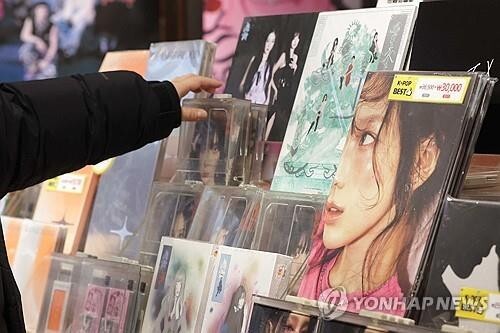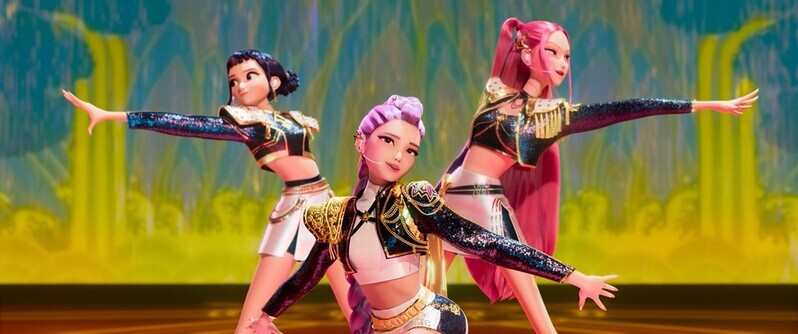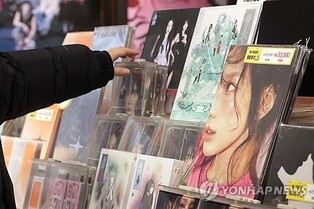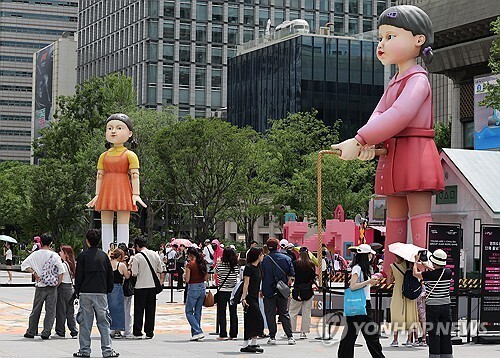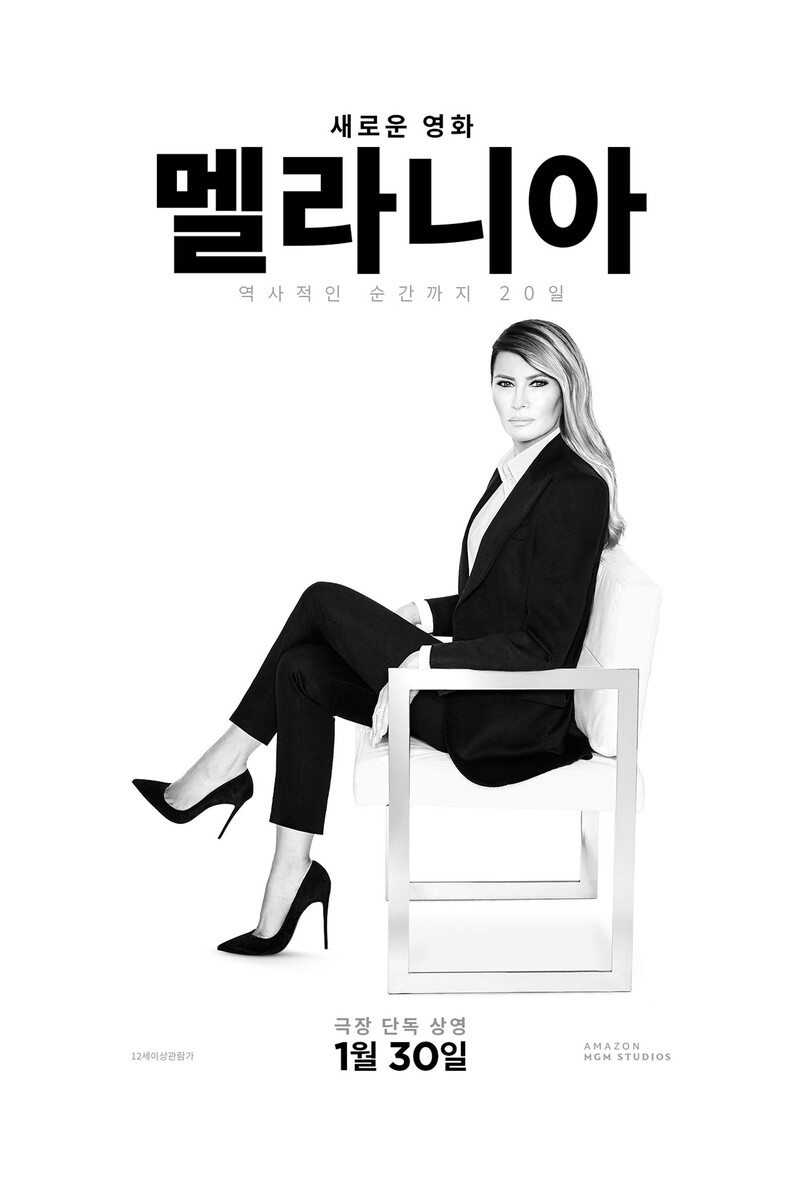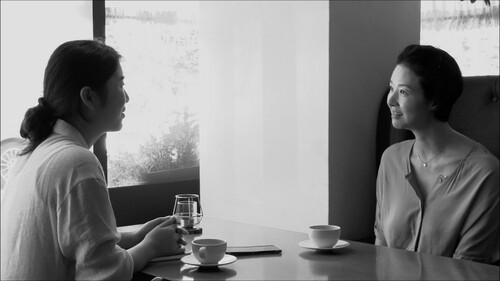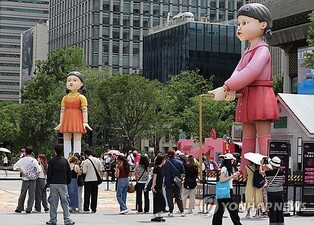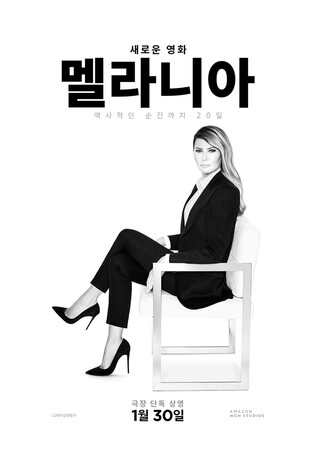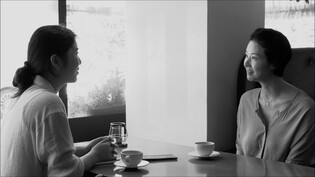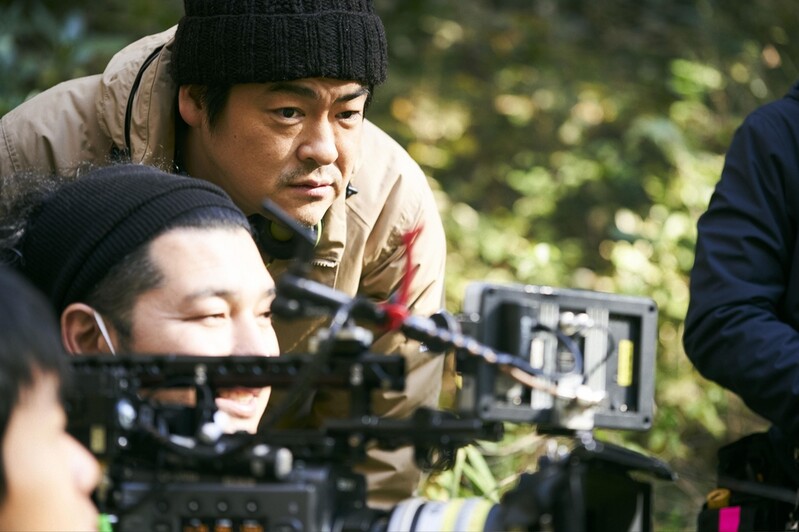 |
| ▲ This photo provided by Jin Jin Pictures shows Japanese film director Shuichi Okita. (PHOTO NOT FOR SALE) (Yonhap) |
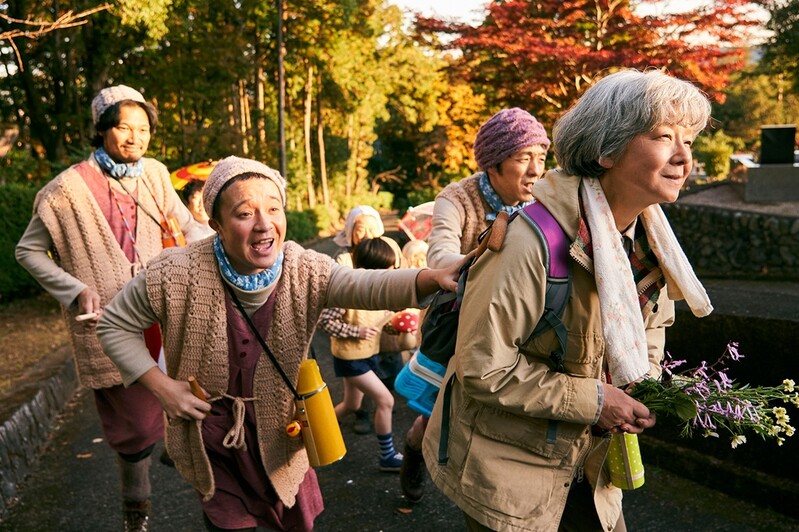 |
| ▲ This photo provided by Jin Jin Pictures shows the movie "Ora Ora Be Goin' Alone." (PHOTO NOT FOR SALE) (Yonhap) |
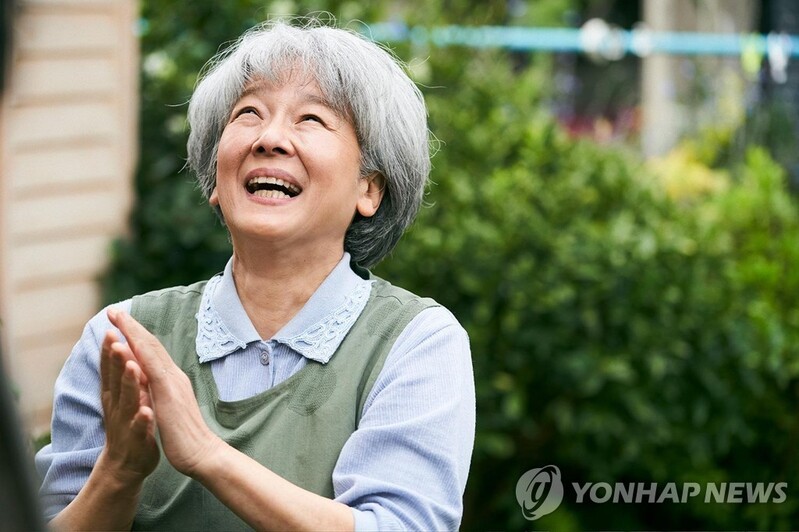 |
| ▲ This photo provided by Jin Jin Pictures shows actress Yuko Tanaka from "Ora Ora Be Goin' Alone." (PHOTO NOT FOR SALE) (Yonhap) |
SEOUL, July 24 (Yonhap) -- Japanese film director Shuichi Okita, who has steadily built his own color with works such as "The Chef of South Polar" (2009), "A Story of Yonosuke" (2013), and "Mori, The Artist's Habitat (2017), has created a new movie which looks into a life of a 75-year-old widow living in Japan.
Based on a novel with the same title, "Ora Ora Be Goin' Alone" depicts Momoko, a 75-year-old grandmother who lives alone after her husband's sudden death and unfriendly relationship with her children. Director Okita unfolds the rest of Momoko's life in his own unique comfortable and lively atmosphere. The movie, which was released on July 15, conveys a calm echo to the audience who considers elderly life to be lonely when living alone.
In a written interview with Yonhap News Agency, director Okita explained the movie's starting point, saying, "Momoko does not deny the fact she is living alone right now." The director also stated that all of his movies are comedies when talking about the goal of this film.
The movie draws sympathy with many realistic events, such as children only visiting their parents when they need them or elders putting a pain relief patch on their backs in a strange posture. Director Okita mentioned how he had incorporated stories about his mother who actually lives alone near Tokyo. In addition, the autobiographical story of author Chisako Wakatake, who also wrote the original novel at the age of 63, played a part in creating the story as well.
"What I was drawn to after reading the original novel was the conflict felt in the heart. In a way, I thought it was a special story that calmly depicted the version of myself in my heart. In the movie, the actress personified Momoko's conflict, which allowed me to direct differently than the original story," Okita said.
The movie features three men who sit around Momoko and talk or follow her around. The trio, dressed similar to Momoko, uses the dialect of their hometown when speaking, which the director explains the trio to be Momoko's "sounds of heart."
"There must be a lot of emotions and thoughts that have formed Momoko over the years, and the trio are part of the thoughts," Okita said. "The trio have a cheerful image like the seven dwarfs in Snow White."
Another unique feature of the production was that actress Yuko Tanaka played the older version of Momoko while Yuo Aoi played Momoko's younger self. The two actresses play the same person in different forms. Momoko in the past is always smiling, but her emotions are rarely revealed and Momoko is expressionless in her current state.
"I think the happiness felt by Momoko during her marriage years and now are completely different. The difference can be felt between the two actresses," Okita said. "There is a scene where the two face each other, and Momoko strongly expresses her commitment to 'live alone' while talking to herself in the past. Although Momoko cherishes the memories of being with her husband, she also wants to enjoy her freedom after her husband's death."
This however, doesn't mean Momoko isn't lonely. Director Okita hinted at Momoko's loneliness through the people around her.
"The police officer, who helps removes branches,, is a replacement of Momoko's son who never returns. There's also a Honda salesperson who says, 'Honda is closer than the distant son.' These are the things that make Momoko's loneliness stand out. There's also a library staff (who recommends Momoko to do a variety of hobbies), who consistently sends mail, and Momoko slowly starts to grow."
In addition, there is a scene where Momoko hits a bug, which her husband used to catch for her, with scrunched up paper. Director Okita said, "Momoko continues to live bravely by herself," adding, "I thought it was a humorous scene."
"Maybe this is a little bit of an interesting movie. I think there are a lot of people in Korea who live the same life as Momoko. Or someone who has such a person as their mother. Maybe it's a movie about the mind of single mothers. Even though some people are not living in the same generation as Momoko, we may all be able to find some version of ourselves in this move."
(END)
(C) Yonhap News Agency. All Rights Reserved
























